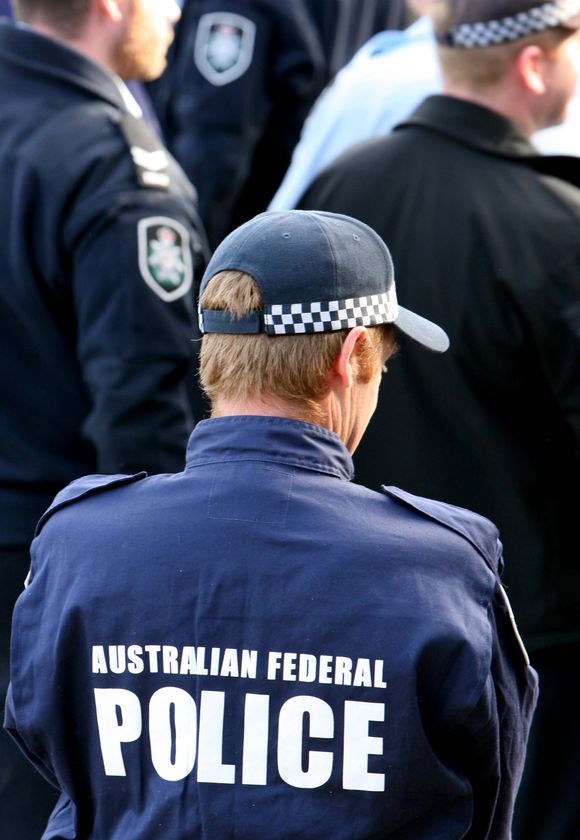AFP backs radical moves
 The Australian Federal Police (AFP) has stood by its decision to conduct an undercover operation against a 13-year-old boy.
The Australian Federal Police (AFP) has stood by its decision to conduct an undercover operation against a 13-year-old boy.
The operation, criticised for potentially further radicalising the teenager, was defended by AFP Deputy Commissioner Ian McCartney during Senate estimates, despite a court ruling dismissing the charges against the boy.
Greens Senator David Shoebridge has described the AFP's stance as both “chilling” and “extraordinary”, advocating for an independent review to scrutinise the conduct of the involved parties.
The teenager, who had expressed a desire to commit violent acts and was engaged with online materials related to bomb-making, was the focus of a covert effort led by an undercover officer.
This officer, posing online, suggested to the boy that he could become a sniper or suicide bomber, actions which a magistrate deemed as attempting to radicalise the youth further.
Despite the Victorian Children's Court's scathing critique, stating the law enforcement's actions “fell profoundly short” of expected standards, McCartney justified the operation.
He highlighted the boy's increasing radicalisation and the ineffective attempts at deradicalisation by the Victoria Police Countering Violent Extremism team as reasons for proceeding with the undercover approach.
Senator Shoebridge's call for an independent review comes amidst internal assessments by the AFP, focusing on the operation's conduct, which was jointly decided by the AFP, Victoria Police, and ASIO.
The controversy centres on the ethical implications of using undercover operations against vulnerable individuals, especially minors with disabilities, in counter-terrorism efforts.
Acting Director of the Commonwealth Public Prosecutions, Scott Bruckard, maintained that charging the boy was in the public interest, given the severity of the allegations.
However, Magistrate Lesley Fleming's ruling underscored the operation's detrimental impact on the boy's rehabilitation, criticising the engagement by a “seasoned covert operator” who fueled the teenager's radical inclinations unknowingly to his support network.







 Print
Print